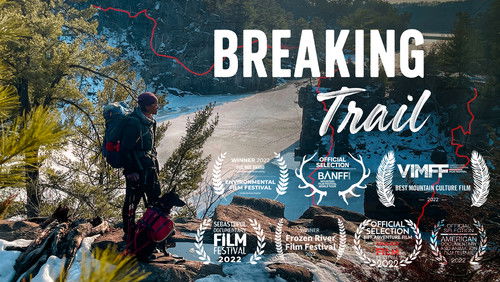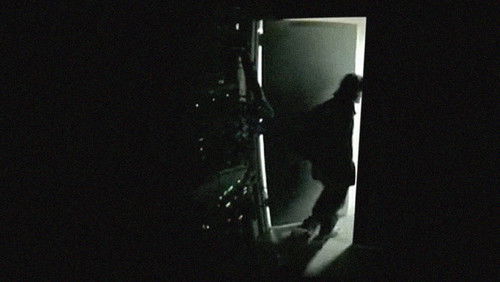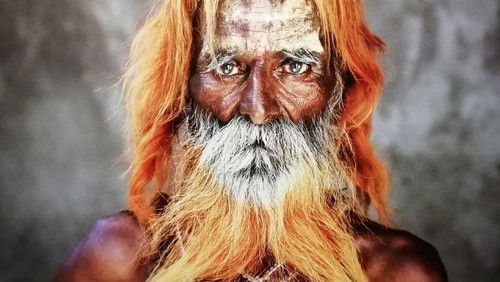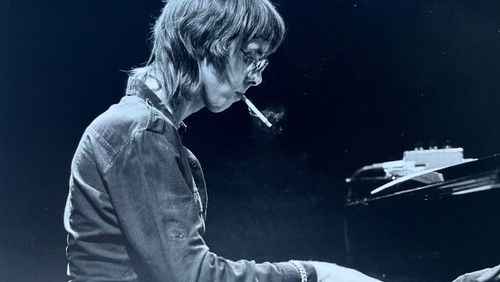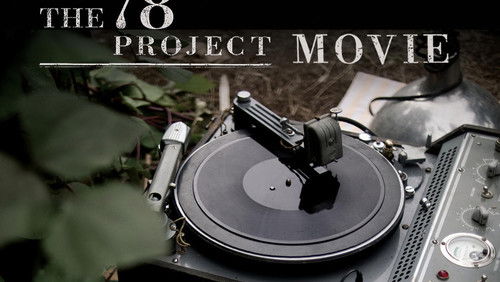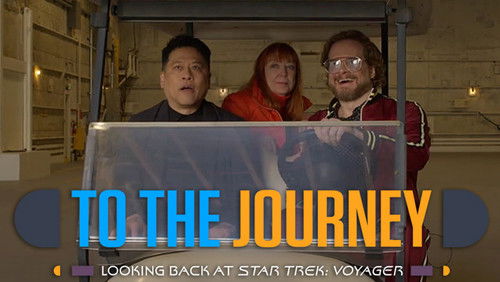First Position – Ballett ist ihr Leben (2011)
57KFirst Position – Ballett ist ihr Leben: Directed by Bess Kargman. With Aran Bell, Rebecca Houseknecht, Joan Sebastian Zamora, Miko Fogarty. A documentary that follows six young dancers from around the world as they prepare for the Youth America Grand Prix, one of the most prestigious ballet competitions in the world.
“If you are between the ages of 9 and 19, and you are a dedicated (and hugely talented) ballet dancer, then the Youth America Grand Prix is a dance competition youu0026#39;ll know all about. And dream about. It doesnu0026#39;t matter where youu0026#39;re from (some of the u0026quot;starsu0026quot; of this documentary come from Africa and Latin America): given colossal natural ability, extremely hard work and the right guidance, you, too, can try for the glittering prize. Bess Kargmanu0026#39;s excellent film follows seven kids as they prepare for, and participate in, this intense contest.u003cbr/u003eu003cbr/u003eWhat a joy to get to review something that isnu0026#39;t brain-dead! Ballet is very difficult to do, very beautiful to watch, and requires intelligence and artistic flair (rather like a good documentary, really), and Bess Kargman has made a ballet film which is not only picking up awards faster than Halle Berry gathers motoring citations, but u0026quot;First Positionu0026quot; has achieved the nigh-impossible for a work of non-fiction, and is going on general theatrical release. It will hit the screens on Friday, May 4.u003cbr/u003eu003cbr/u003eThe premise is a simple and compelling one. Youngsters from all over the world strive to qualify for the Grand Prix finals, held in New York City. When the very best gather for the dance-off, the pressure is just about unbearable. Each contestant will have five minutes on stage. If youu0026#39;re sick, or overcome by nerves, or if you stumble during your routine too bad. All those years you worked for this, all those things you sacrificed in order to get here, are riding on the next three hundred seconds. Five thousand dancers enter each year, with this number being whittled down to a couple of hundred for the New York finals. From this small group, the winners will emerge. Kargman knows how to build suspense – but the who-won-it is only one element in this excellent film. We get to see the physical pain these kids go through (check out the u0026quot;foot-stretcheru0026quot; used by little Aran, which looks like a medieval torture implement), we hear from their parents and dance teachers but, most of all, there is the beautiful ballet itself.u003cbr/u003eu003cbr/u003eLike any documentary worth its salt, u0026quot;First Positionu0026quot; asks as many questions as it answers. Thought-provoking contributions abound, like that from the teacher who states openly, u0026quot;Kids who are pursuing ballet as a career give up their childhood.u0026quot; Can such a sacrifice be justified? Who gets to make the choice? Which is worse – to push small children through the grueling practice schedules, or not to push them – thereby passing up the chance for success? Is it fair to expose youngsters to the appalling pressure of the final round? This is a film which stays with the viewer long after the final credits have rolled.u003cbr/u003eu003cbr/u003eOne of the things you need to be good at, when you shoot a documentary, is judging what not to do or say. In this, Kargman has triumphed. She is never obtrusive, and she lets the images (and the kids) tell the story. Critic Dave Robson, reviewing the film for the Toronto International Film Festival (where, incidentally, it won considerable acclaim) puts it like this: u0026quot;Though she casts a wide net, Kargman is careful to include only the most essential commentary. She frequently complements her castu0026#39;s words with beautiful shots of dancing and juxtaposes them with more candid and vulnerable moments. It is perhaps trite to say that a film about an aesthetic discipline looks beautiful, but u0026quot;First Positionu0026quot; does. It certainly helps that dancers are well lit, but more to the point, Kargman keeps her cinematography simple. To be too clever would distract from the dancing.u0026quot; In case anyone reading this is under the misapprehension that itu0026#39;s just a bunch of well-heeled preppy youngsters indulging in a glorified hobby, it is worth mentioning Michaela Deprince. This young finalist hails from Sierra Leone, where she witnessed her parents getting murdered. u0026quot;Itu0026#39;s a miracle Iu0026#39;m even here,u0026quot; she says – and she bears the scars to prove it. Indeed, overall, this is a singularly resilient bunch of kids. After all they have been through, it is surprising – not to mention heart-warming – to see how balanced, articulate and likable they all are. Take, for example, the tiny 12-year-old Miko Fogarty, who frequently has to field comments from others, to the effect that she has missed out on her childhood. She doesnu0026#39;t happen to agree.u003cbr/u003eu003cbr/u003eThis is Bess Kargmanu0026#39;s breakthrough movie, and much credit she deserves. She directed the project and also took a major hand in the editing. Her director of photography, Nick Higgins, has done a lot of documentary work in his career – but surely nothing as visually captivating as this.u003cbr/u003eu003cbr/u003eBy the way, for those of you who, like me, have a penchant for movie titles which contain more than one level of meaning, u0026quot;First Positionu0026quot; refers of course to winning the Grand Prix, and therefore being guaranteed a prestigious professional contract but it is also a ballet term, denoting the preliminary posture – standing with heels together, toes splayed outwards. The things you learn on IMDb, huh?”

